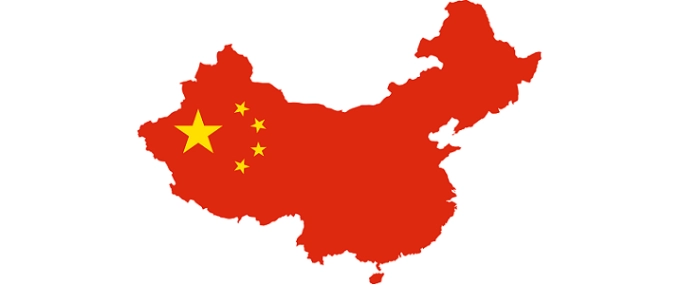
China subsidises its companies significantly more than Europe
More and more data indicate that Chinese companies have an unfair competitive advantage abroad due to China’s government subsidies.
To test this thesis, the Vereinigung der Bayerischen Wirtschaft (Bavarian Business Association, vbw) commissioned Prognos to conduct a study. The aim: to find out how China is currently operating on the world market, how it will do so in the future, and what effects its subsidy practices have on Germany.
Distortion of competition in German core technologies
The Chinese government has been supporting domestic companies for years with subsidies such as direct financial aid, tax breaks, favourable loans, or state funds. The extent of this subsidy policy contributes to competitive distortions in international trade: As a result, Chinese companies find it easier to compete on the world market.
This process becomes particularly problematic for German companies when key local industries with a strong international orientation are affected. They can lose their attractiveness – thus weakening Germany as a business location.
The study examined three sectors to use as examples: medical equipment (precision technology sector), transformation and transmission equipment (electrical equipment sector) and integrated circuits (data processing equipment sector). Prognos looked at the current status quo as well as the Chinese government’s so-called Made in China 2025 strategy (MIC 2025) and the potential effects of the associated expansion plans on the German economy.
The results show that China’s ambitious MIC 2025 expansion targets have concrete economic effects on Germany. The results also show that although global market growth could slightly dampen the negative effects of China’s subsidy policy, the MIC 2025 strategy is likely to lead to a shift in the global market. These effects could become substantial for Germany due to the size and dynamism of the Chinese economy. The study also shows that the potential positive effects of China’s expansion plans are small.
Options for action for EU policy
The data also reveal that the Chinese state subsidises its domestic companies significantly more than the international average – especially also in comparison to Germany and Europe. This results in the following options for action for European policy:
- further development of the WTO rules and regulations, such as an expansion of the list of prohibited subsidies.
- taking WTO-compliant unilateral measures, such as discriminating against subsidised companies on the EU market.
- forming international alliances and a common strategy for dealing with market-distorting practices.
- reducing economic dependence on China: countries in Asia, Latin America and Africa, in particular, offer themselves as alternative trading partners.
But to what extent does China ultimately harm itself with the high subsidies?
China's comparatively high level of subsidies has been criticised because it may give Chinese companies a cost and competitive advantage over companies from other countries that do not subsidise or that subsidise to a lesser extent. However, the question arises as to whether the subsidies do more harm than good in China itself. After all, according to prevailing opinion, subsidies lead to false incentives and an inefficient work environment by market players.
In fact, the effects of the subsidies differ at the individual economic levels. The subsidised Chinese companies should actually have a cost and competitive advantage over their international competitors and benefit accordingly. On the other hand, the costs for the subsidies, which the Chinese state bears and has to finance in return, are usually borne by the community of Chinese companies and citizens through tax revenue. In addition, when allocating subsidies, there is always the danger that the “wrong” companies are taken into account, such as companies with particularly good political connections rather than particularly innovative and efficient companies.
In the long term, subsidies also tend to inhibit innovation: the subsidised companies are less exposed to competitive pressure than their competitors, which means they have less incentive to innovate. All in all, China not only has the advantages for its own companies bought through subsidies, but also considerable costs. However, these are distributed across the board and are therefore not that visible.
The competitors of the subsidised Chinese companies suffer disadvantages. The buyers on the other hand – benefit from the subsidised, that is cheaper, prices – at least as long as the subsidies do not lead to the formation of a monopoly and subsequent monopoly prices.
